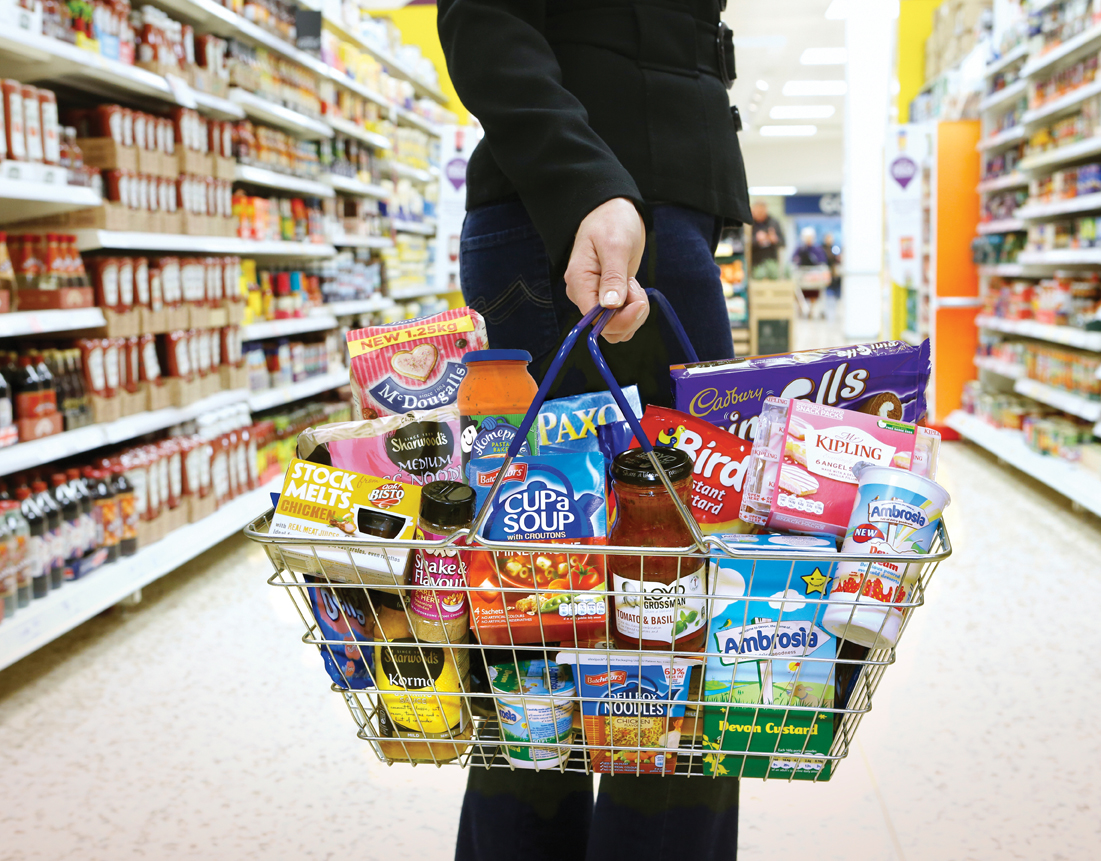Blog
Leaving home for food: what’s considered essential?

Government guidance suggests you should only leave your home for basic necessities such as food during the lockdown, but with shoppers stocking up on Easter eggs and lampshades, many are questioning what is ‘essential’.
Under government guidelines, there are just four reasons we should be leaving our homes at the moment. One of those is to buy basic necessities such as food.
However, there is no definitive list outlining what’s considered ‘essential’ in terms of food, and with hardware stores still permitted to remain open during the lockdown, consumers are confused as to what they should and shouldn’t be buying.
Most supermarket chains have seasonal goods aisles or clothing brands and special buys. Should we still be buying these ‘luxuries’?
Some people clearly think the answer is no.
Reports have surfaced of shoppers being mocked and shamed coming out of stores with Easter eggs and lampshades, with critics questioning whether these purchases are ‘essential’ during a time of national emergency.
Andrew Opie, director of food & sustainability at the British Retail Consortium, said: “Government guidance states which retailers are considered ‘essential’ and can remain open, it does not limit the items those retailers can sell.”
Consumer behaviour seems to have dictated what’s considered ‘essential’.
In the run up to the nationwide lockdown, panicked shoppers stockpiled toilet paper, rice, pasta and hand gel leading supermarkets to bring in restrictions on the number of individual items shoppers could buy.
Shoppers were told to only buy what they needed and were re-assured supermarkets were continuing to receive daily stock deliveries.
While these restrictions are easing and shoppers are generally reporting good supplies on shelves, the government advice remains that people need to keep a 2m distance, shop infrequently and limit the time spent away from home.
Of course, ‘essential’ could mean different things to different people. For some it might mean bread, milk and eggs, for others alcohol, cigarettes and newspapers.
In these unprecedented times, many are attempting to carry on as ‘normal’ while others are doing what they can to protect their mental health and well-being. For these people, perhaps a tub of paint to decorate their living room is essential?
With no concrete definition for what’s essential or a basic necessity, shoppers need to take a common sense approach.
The #Bekind request has never been more poignant, nor the advice to #StayHomeSaveLives. But shoppers shouldn’t be shamed for purchasing treats or items that are still available to buy.
However, if you’re taking your time browsing items in-store meaning others are stuck waiting in a queue outside for their turn then maybe it’s time to reconsider your needs.
Online deliveries have also become a point of debate.
The government has encouraged online deliveries as a way to reduce social contact. However, if you’re buying ‘non-essential’ goods online, spare a thought for the pickers, packers and delivery people too.
Paloma Kubiak appeared on Mid-morning BBC Radio Tees to clarify the position on shopping for essentials during the coronavirus lockdown and what supermarket restrictions and government guideline mean for household. You can listen here (52 mins in): https://www.bbc.co.uk/sounds/play/p087r8fm